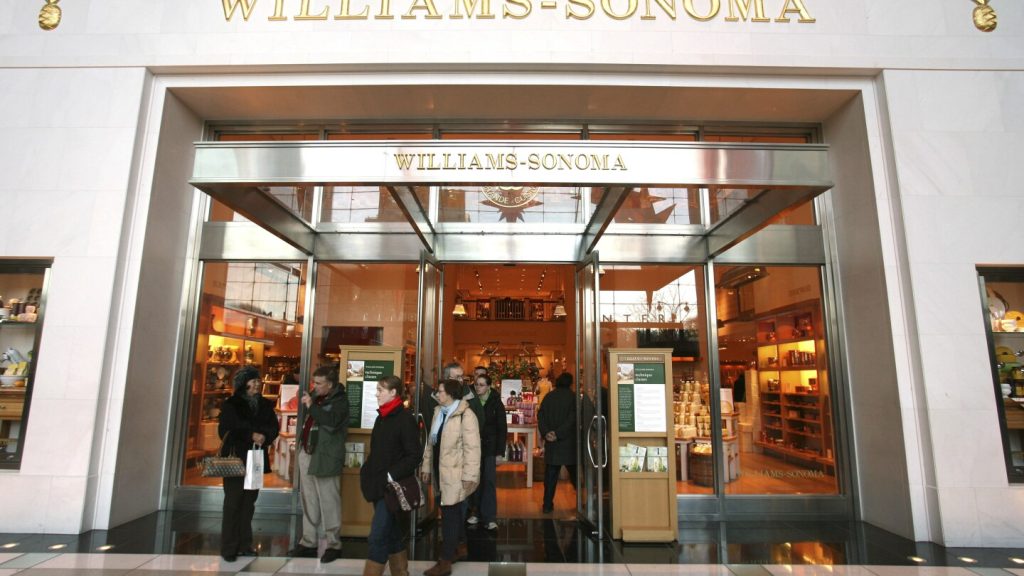Williams-Sonoma, a popular home products retailer, has been ordered to pay a hefty fine of nearly $3.2 million for violating a Federal Trade Commission (FTC) “Made in USA” order. The company was found to have falsely advertised several products as being “Made in USA” when they were actually manufactured in other countries, including China. This violation of a 2020 commission order led to the largest-ever civil penalty in a “Made in USA” case. The FTC stated that Williams-Sonoma’s deception misled consumers and harmed honest American businesses, emphasizing that firms committing Made-in-USA fraud will be held accountable.
As part of the settlement with the FTC, Williams-Sonoma will not only have to pay the $3.175 million civil penalty but also submit annual compliance reports and adhere to specific requirements regarding manufacturing claims. This serves as a reminder to companies to be truthful in their marketing and labeling practices, especially when it comes to product origin. The FTC is taking a strong stance against deceptive claims related to the origin of products to protect consumers and maintain fair competition among businesses.
The initial lawsuit against Williams-Sonoma was filed by the FTC in 2020, accusing the company of falsely advertising various product lines as being all or mostly made in the U.S. under different brands. The FTC order issued at that time demanded that the company cease making such deceptive claims. However, a subsequent investigation revealed that Williams-Sonoma continued to deceive consumers by promoting products like PBTeen-branded mattress pads as being made in the U.S. when they were actually manufactured in China. This led to further violations of the 2020 order and ultimately resulted in the recent settlement and civil penalty.
The referral of the complaint to the Justice Department by the FTC highlights the seriousness of the issue of misleading “Made in USA” claims and the importance of upholding regulations to protect consumers. By holding companies like Williams-Sonoma accountable for deceptive marketing practices, the FTC aims to maintain the integrity of labeling standards and ensure that consumers are making informed purchasing decisions. This case serves as a warning to other retailers and manufacturers about the consequences of making false claims about the origin of their products, emphasizing the need for transparency in advertising and labeling.
Williams-Sonoma’s failure to comply with the 2020 FTC order and continued deception in marketing its products as “Made in USA” has not only resulted in a significant financial penalty but also tarnished the company’s reputation. Consumers value honesty and transparency in product labeling, and any breach of trust can have long-lasting implications for a brand. Moving forward, it is essential for companies to adhere to regulations and accurately represent the origin of their products to avoid facing similar consequences. The FTC’s record civil penalty in this case sends a strong message to the industry about the consequences of misleading marketing practices and the importance of truth in advertising.
Williams-Sonoma’s lack of response to the recent settlement underscores the seriousness of the situation and the company’s acknowledgment of its wrongdoing. By agreeing to the terms of the settlement, including the hefty fine and compliance requirements, Williams-Sonoma is taking steps to rectify its misleading claims and ensure future compliance with FTC regulations. This case serves as a cautionary tale for other retailers and manufacturers about the repercussions of false advertising and the FTC’s commitment to enforcing “Made in USA” standards. The outcome of this case highlights the FTC’s dedication to protecting consumers from deceptive marketing practices and promoting fair competition in the marketplace.


